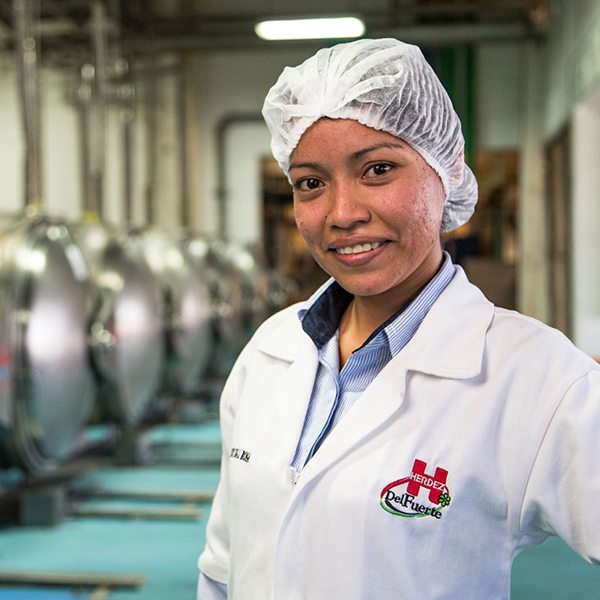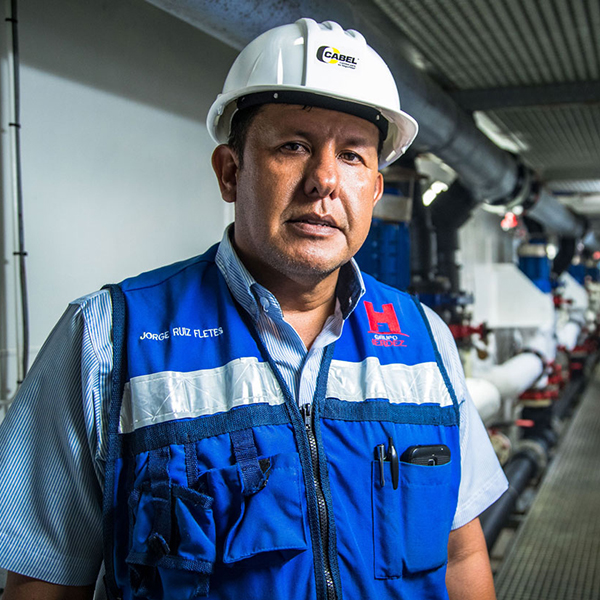Value Chain

Aided by our Good Practices Manual, training sessions and environmental audits, we accompanied our agricultural suppliers in the adoption of best labor and environmental practices. In 2017, we gave two training sessions on Sustainable Agriculture for integrated crop management, followed up on the regulations concerning the proper use of agricultural chemicals, and monitored compliance with the Good Agricultural Practices Manual.
In addition, to give continuity to the development of these initiatives and to the progress of the Sustainable Agriculture Plan, we have a team of six auditors who evaluate and follow up on the condition of land properties, monitor whether the suppliers are located in ecologically sensitive areas and the measures being introduced to protect them, and the measures being adopted to improve soil quality, increase recycling and reduce waste generation, as well as the working conditions and health of agricultural workers. All this is done through an evaluation list which measures the progress and points of improvement for each supplier. In 2017, 48 agricultural suppliers were audited. (GRI 308-1, GRI 308-2, GRI 414-1, GRI 414-2)
